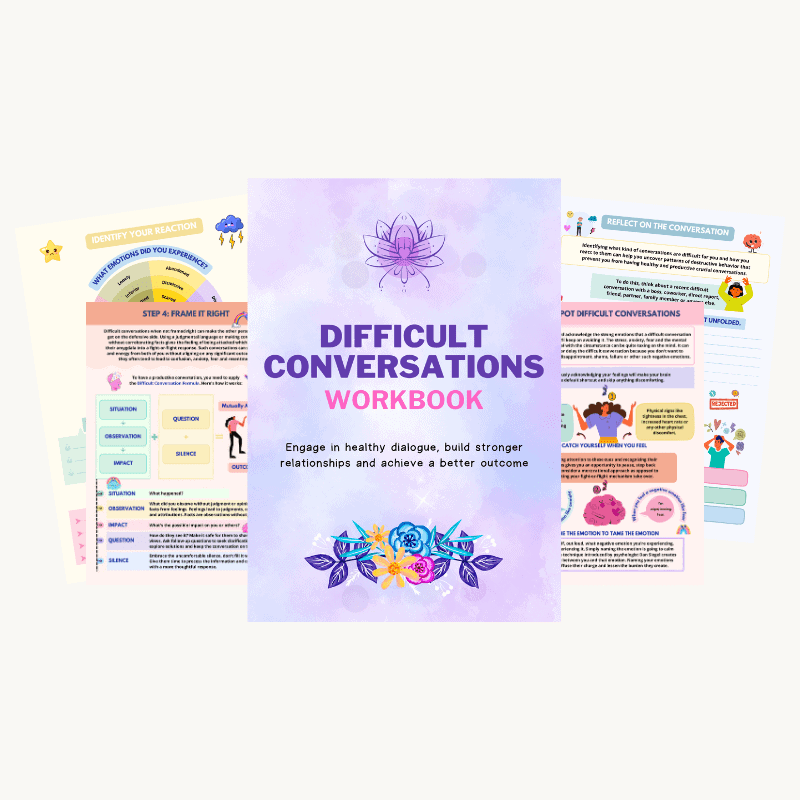Monthly Archive: February 2024
Navigating complex problems, generating insights and finding solutions that others didn’t know existed is the most admired skill at work. Yet, very few people are able to do it well—the ability to think critically is a rare skill. Most people lack thinking muscles because they treat it as a born gift instead of being an acquired trait. Not sufficiently exercising their mind by thinking through tough problems keeps them falling for cognitive shortcuts, quick solutions and outdated beliefs. Becoming a master thinker doesn’t require an extraordinary brain. You only need to embrace healthy thinking habits that keep your mental machinery working at its best.
Ego is our biggest enemy. It not only makes us blind to our flaws and imperfections, it magnifies our desire to be right and prove others wrong. Unlike threats in our environment that we can instantly feel and pay attention to, ego is hidden deep within our subconscious. When we react to other people, we often don’t realize that it’s our ego that has hijacked our mind and is making us act in self-destructive ways. While ego is harmful to everyone, it is the most dangerous thing in a leader. It compromises their ability to think clearly, makes them rigid to their ideas and beliefs and prevents them from staying closer to reality.
Procrastination is a silly habit—even when we know how important something is, we end up delaying or avoiding it. Procrastination wins when it over powers our sense of judgment—we know that not taking action is not right for us and yet that’s exactly what we do. Procrastination not only makes us fall through on our commitments, not being able to make progress on what we set out to do makes us feel powerless, helpless and ineffective. The constant guilt, shame and anxiety from not doing the work consumes us. We end up putting more effort and energy than it would have taken to do the work.
Sometimes, for no good reason, conversations can get heated. Handling an unpleasant emotional reaction can trigger anxiety, cloud your judgment and make you react in unexpected ways. Losing your calm in such moments, reacting to the other person and saying mean things is a deadly mistake. You may not only lose the opportunity to bring the conversation back to normalcy and have a productive discussion, showing anger, frustration or judgment in emotionally charged conversations can potentially harm your relationship.


























